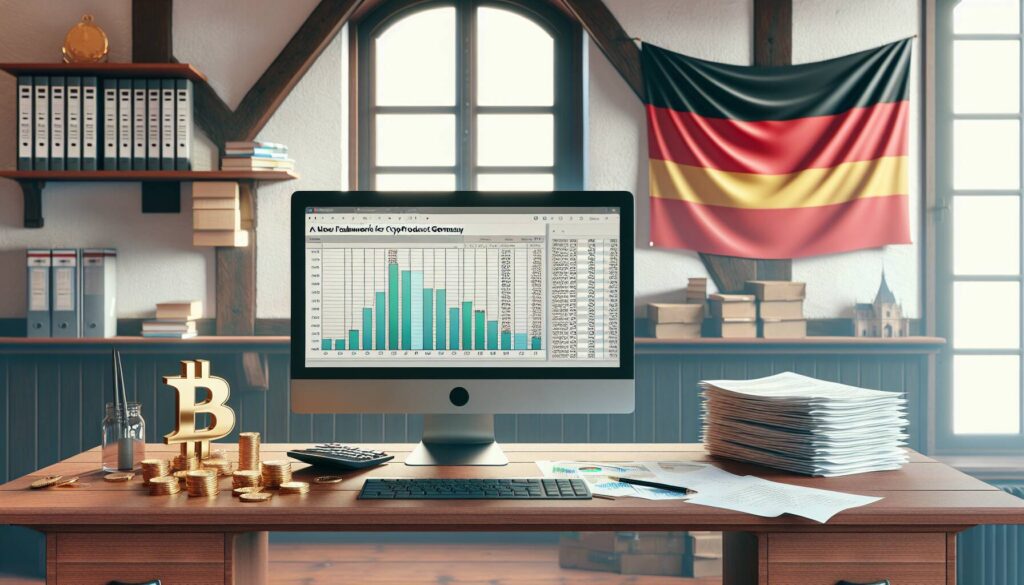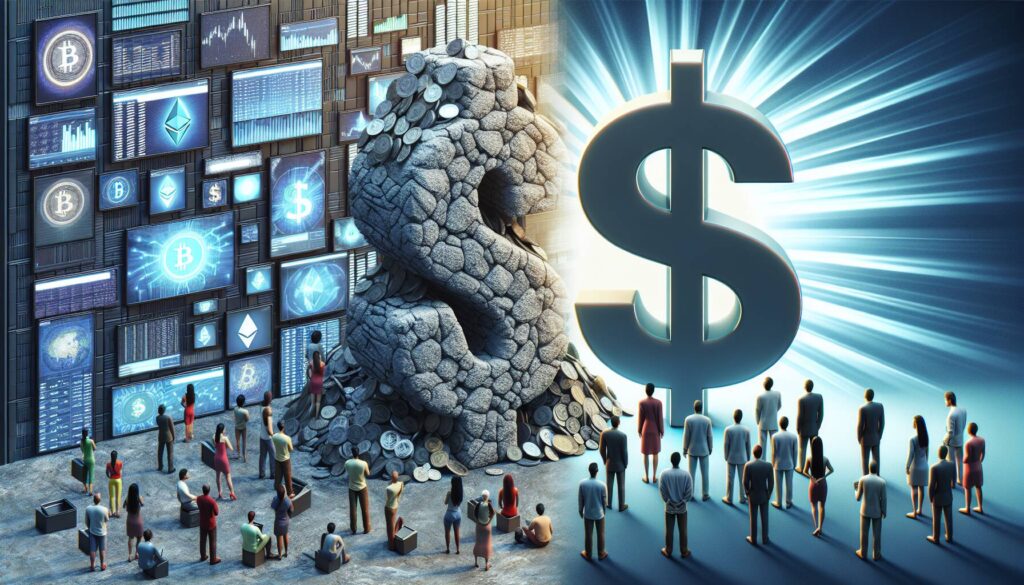In a surprising turn of events within the cryptocurrency sector, World Liberty Financial, a decentralized finance project linked to the family of U.S. President Donald Trump, has firmly rebutted allegations regarding the sale of ether (ETH). Reports emerged this week suggesting that a wallet associated with World Liberty Financial sold approximately $8 million worth of ether, amid claims of significant unrealized losses exceeding $125 million.
A spokesperson for World Liberty Financial addressed the rumors in a statement to CoinDesk, asserting, “The claims that World Liberty Financial has sold any of its holdings are wholly inaccurate. WLFI has not sold any positions as currently reported. Speculation to the contrary is false.” This strong denial comes at a time when ether is experiencing a minor resurgence in the market, recovering from a previous dip to trade around $1,553, up from a low of $1,465 earlier in the week.
Donald Trump’s son, Eric, previously noted that it was a “great time to buy” ETH back in February when it was priced at $2,880, showcasing the ongoing fluctuating nature of the cryptocurrency market.
As the story unfolds, the cryptocurrency landscape remains volatile, with investors closely monitoring not just market prices but also the sentiments and actions of key influencers in the space. Meanwhile, Arkham, the blockchain data firm that initially reported the allegations concerning World Liberty Financial, has yet to comment on the situation, leaving many questions unanswered as the drama continues in the world of digital assets.

World Liberty Financial and Ether Trading Updates
The recent developments around World Liberty Financial (WLFI) and its connections to Ether (ETH) are significant and may impact reader perceptions about cryptocurrency investments and market reliability. Here are the key points to consider:
- Denial of Ether Sale:
World Liberty Financial has publicly denied claims of selling any of its ether holdings, stating that such reports are “wholly inaccurate.”
- Reported Sell-Off:
A wallet linked to WLFI was reportedly involved in an $8 million ether sale following substantial unrealized losses of over $125 million.
- Market Reaction:
After the news of the reported sale, ether’s value initially decreased but then rebounded to a trading price of $1,553.
- Speculative Trading Environment:
The crypto market is characterized by speculations, and claims regarding large transactions can lead to volatility.
- Family Ties:
World Liberty Financial is backed by members of Donald Trump’s family, adding a layer of political context to its operations in the DeFi space.
- Investment Timing:
Eric Trump suggested it was a “great time to buy” ETH when the price was $2,880, implying strategic buying opportunities may exist despite current market fluctuations.
These points highlight the ongoing complexities and dynamics of cryptocurrency trading, which are essential for potential investors to understand as they navigate the market. Awareness of misinformation, market movements, and external influences can greatly impact investment decisions and economic outlooks for readers involved in or considering participation in the crypto space.
World Liberty Financial: A New Player in the DeFi Arena
World Liberty Financial is making headlines in the DeFi space, especially with its intriguing connections to U.S. political figures, which undoubtedly amplifies its visibility. The recent claims regarding the alleged sale of ether (ETH) linked to the project have created waves, especially when the crypto market is experiencing turbulence. The project asserts that it hasn’t liquidated any of its assets, which stands in contrast to the concerns raised by blockchain analysts, adding a layer of complexity to the narrative.
When comparing World Liberty Financial to other recent entries in the DeFi market, its notable backing from influential figures such as Donald Trump’s family can be seen as both an advantage and a disadvantage. On one hand, this association may enhance credibility and attract investors who resonate with those political ideologies or seek a “safer” crypto investment due to its distinguished backers. On the other hand, this connection could deter progressive investors who are wary of the political undertones, potentially limiting its audience within the growing DeFi community.
Moreover, the situation surrounding the alleged ether sale highlights a critical vulnerability often seen in the rapidly evolving crypto landscape. Similar news in the realm includes projects that have faltered due to miscommunication or public perception issues, resulting in sharp drops in investor confidence. This might serve as a double-edged sword for World Liberty Financial—while it can potentially capture attention with its bold statements and efforts to quash rumors, it also risks damaging its reputation if further controversies arise.
Investors looking for a speculative opportunity may find this situation appealing, particularly those who are drawn to the hype and volatility characteristic of cryptocurrency markets. Conversely, potential challenges loom for the project, especially as skepticism continues to grow among seasoned investors who prefer transparency and a reluctance to engage with politically-associated ventures. In this high-stakes arena, World Liberty Financial must tread carefully to manage both its public image and investor relations amidst a scrutinizing audience.
















